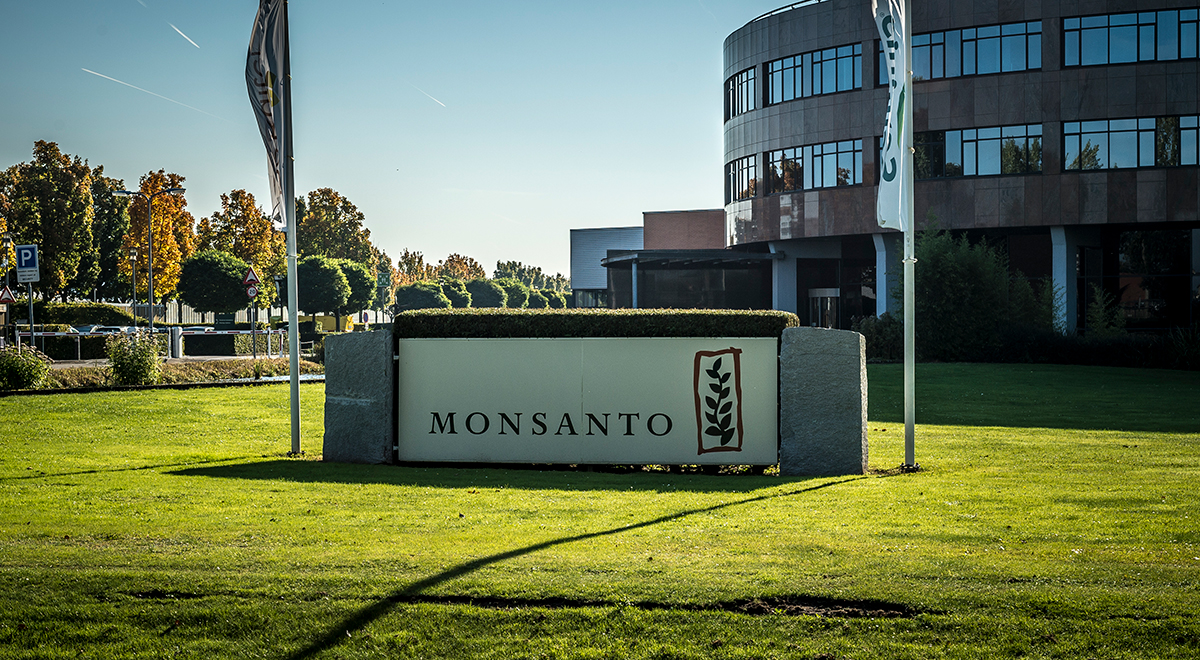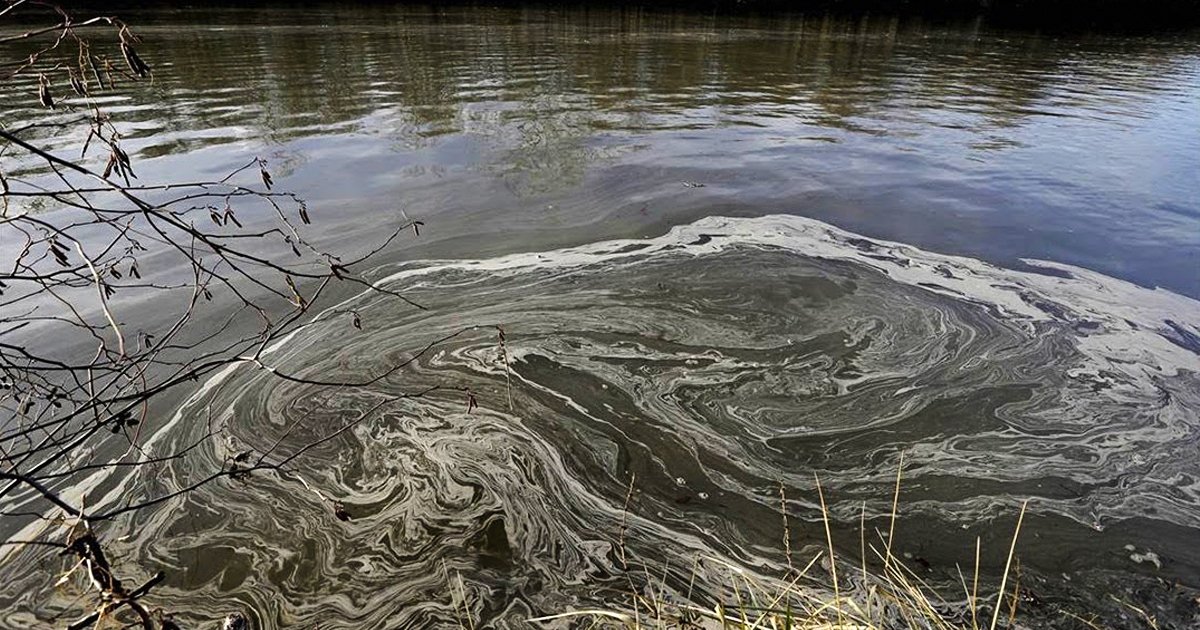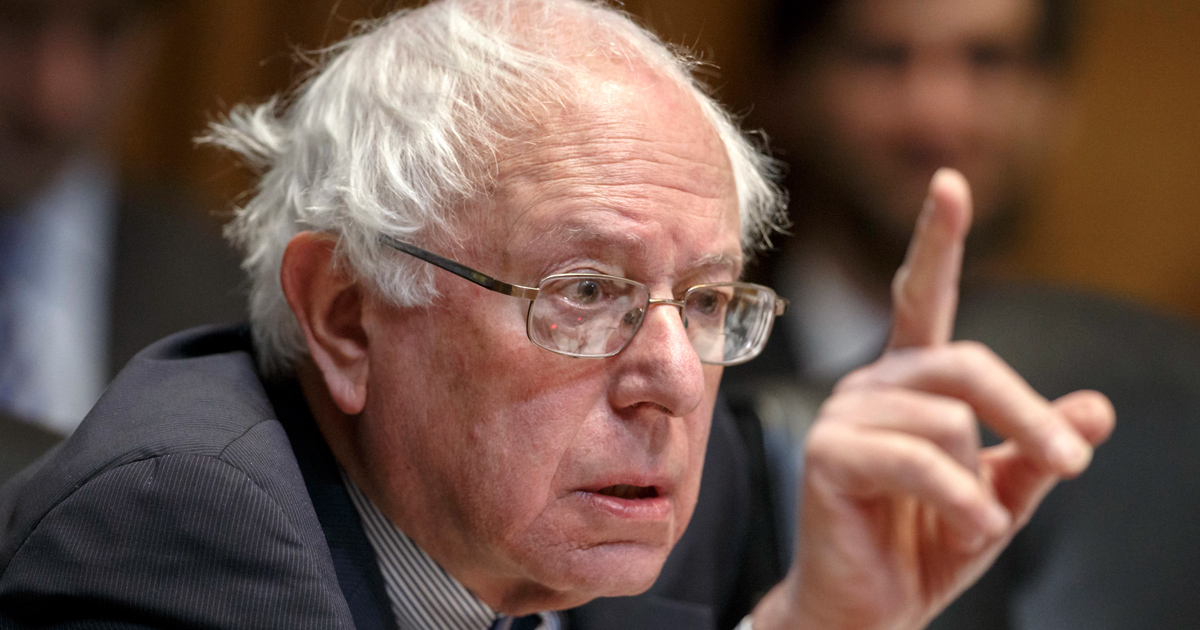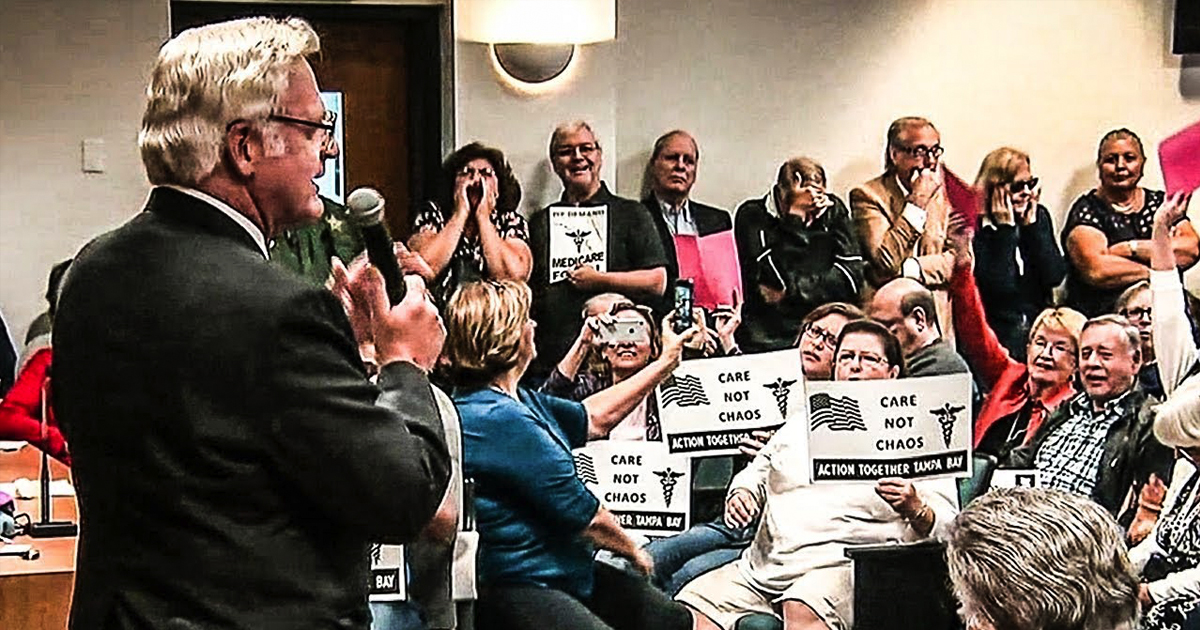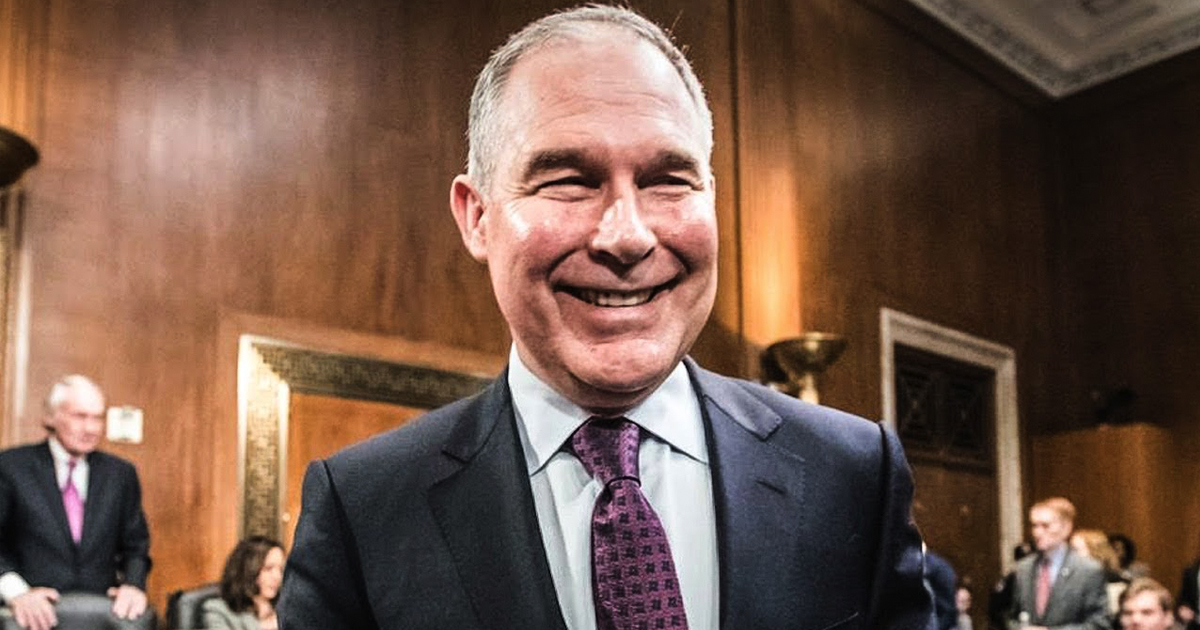An effort by chemical giant Monsanto to have their top product glyphosate kept from California’s carcinogen list has been blocked by the courts.
The announcement that Roundup would be added to the Proposition 65 list was made on March 28, in response by conclusions from the World Health Organization surrounding recent animal studies which showed exposure to glyphosate caused the growth of irregular cells in lab animals.
Monsanto lodged a petition for a review and application for stay in the state’s decision to add glyphosate to their Proposition 65 list of agents known to cause cancer on June 16. On June 22, Monsanto’s petition was denied by appeals courts.
Glyphosate joins an extensive list of chemicals considered by the state to cause or increase the chances of cancer and birth defects. The Proposition 65 list was established in 1986 and since then has grown to a list of more than 900 chemicals.
Being on the list means that bottles of the herbicide sold in stores in California will have to clearly label their relation to the list, and will advise residents that using the product is associated with an increased risk of cancer.
This is just one of many recent failures by the chemical company in relation to their prize herbicide Roundup.
Monsanto has continued to deny that Roundup’s key component glyphosate is a carcinogen, and have even drawn up bogus research from bought-and-sold scientists in order to support their conclusion.
Having to add this warning label to bottles of Roundup sold in California will be a bitter pill for the company to swallow in the wake of their continued denial.
Though Monsanto’s attempt to derail the addition of glyphosate was shot down in the courts, it could still eventually be removed. Occasionally, such measures are taken when it is determined that a chemical added, like BPA, no longer qualifies as potentially carcinogenic.
Still, evidence appears to be mounting, rather than diminishing, that glyphosate has a real effect on human health. Consumers must be told the truth, and despite Monsanto’s best efforts, in California, they will be.

